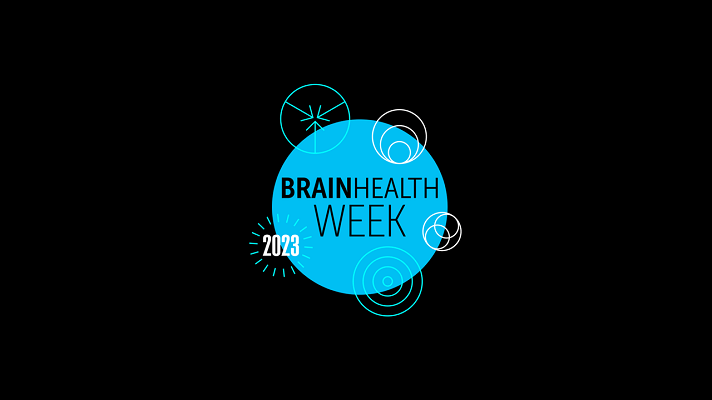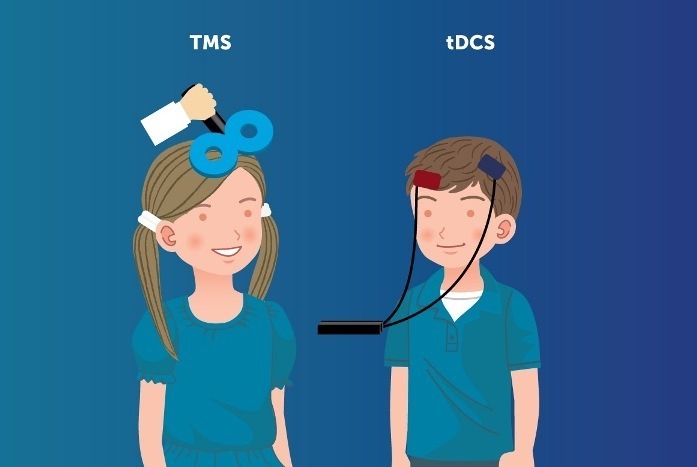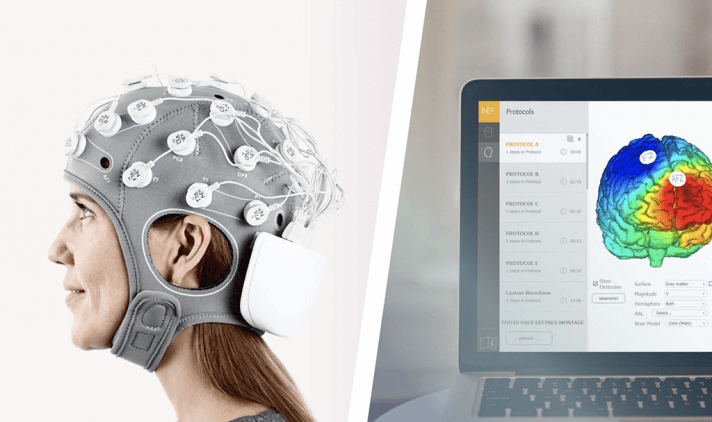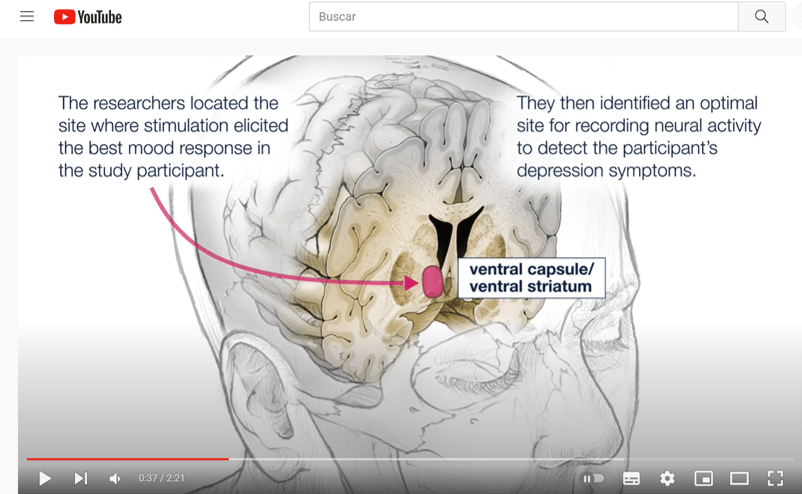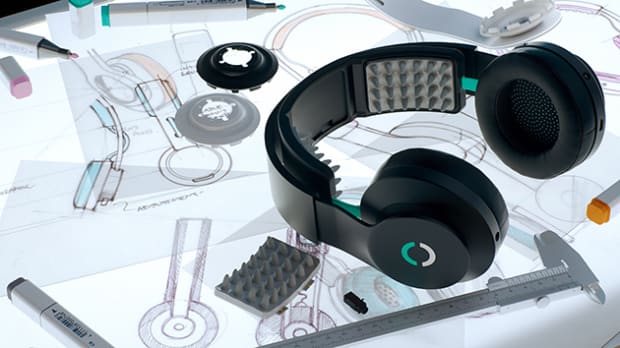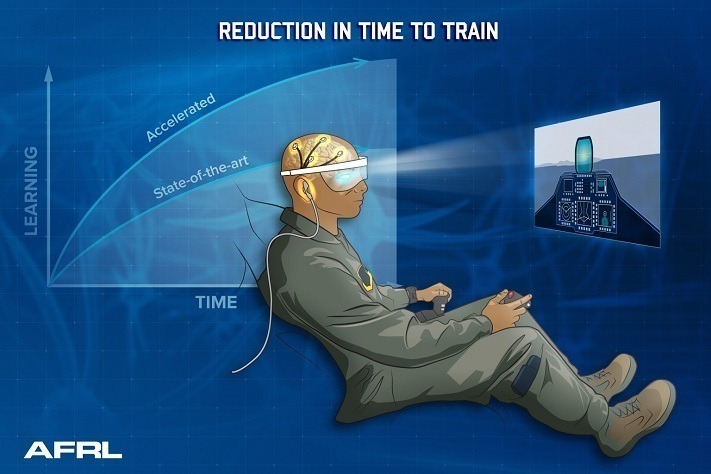Posts Tagged ‘brain stimulation’
BrainHealth Week starts today! Plus: dancing, personalized mental health, brain stimulation and more
Welcome to a new edition of SharpBrains e‑newsletter, annoucing the kick-off of BrainHealth Week and featuring some stimulating resources and teasers. #1. BrainHealth Week (February 20–24th) starts today: Explore many fun events including a daily text challenge, a talk with the always great Dr. Tom Insel, and more! #2. Without Brain Health, you do not have…
Read MoreThe European Society for Brain Stimulation opposes EU reclassification of TMS and tDCS, claiming a flawed safety assessment
Manifesto: Opposition to EU Reclassification of TMS and tDCS equipment to Class III devices based on flawed evidence (European Society for Brain Stimulation): It has recently come to our attention that the EU has reclassified the NIBS equipments including rTMS and tDCS, as Class III devices, the category of highest risk, similar to invasive treatments,…
Read MoreCombined tDCS neurostimulation and cognitive training found to improve working memory among older adults–especially those with lower starting capacity
Giving memory a lift: Can games and brain stimulation do it? (MedicalNewsToday): A person’s working memory may decline with age or if they have dementia, Parkinson’s disease, or have had a stroke. When this occurs, the loss can affect their day-to-day quality of life, turning even simple tasks into often-demoralizing challenges.
Read MoreStudy: Personalized, closed-loop neuromodulation can (one day) become a “pacemaker for the brain”
Treating Severe Depression with On-Demand Brain Stimulation (UCSF press release): UCSF Health physicians have successfully treated a patient with severe depression by tapping into the specific brain circuit involved in depressive brain patterns and resetting them using the equivalent of a pacemaker for the brain. “This study points the way to a new paradigm that is…
Read MoreNeuromodulation developer Halo Neuroscience closes its doors; Flow Neuroscience acquires assets
Flow acquires brain stimulation technology developer Halo (Medical Device Network): Flow Neuroscience has acquired the assets of brain stimulation technology developer Halo Neuroscience to advance its research into depression and other mental health disorder treatments.
Read MoreAir Force announces research platform to harness closed-loop neurotechnology and accelerate learning “on the fly”
Air Force Neurotechnology Partnership Aims to Accelerate Learning (Military Spot): The Individualized Neural Learning System, or iNeuraLS, is a new augmented learning platform that will enable rapid learning by closed-loop modulation of cognitive states during skill acquisition. Essentially, the AFRL team seeks to develop a capability that will give Airmen the ability to rapidly acquire knowledge…
Read More
